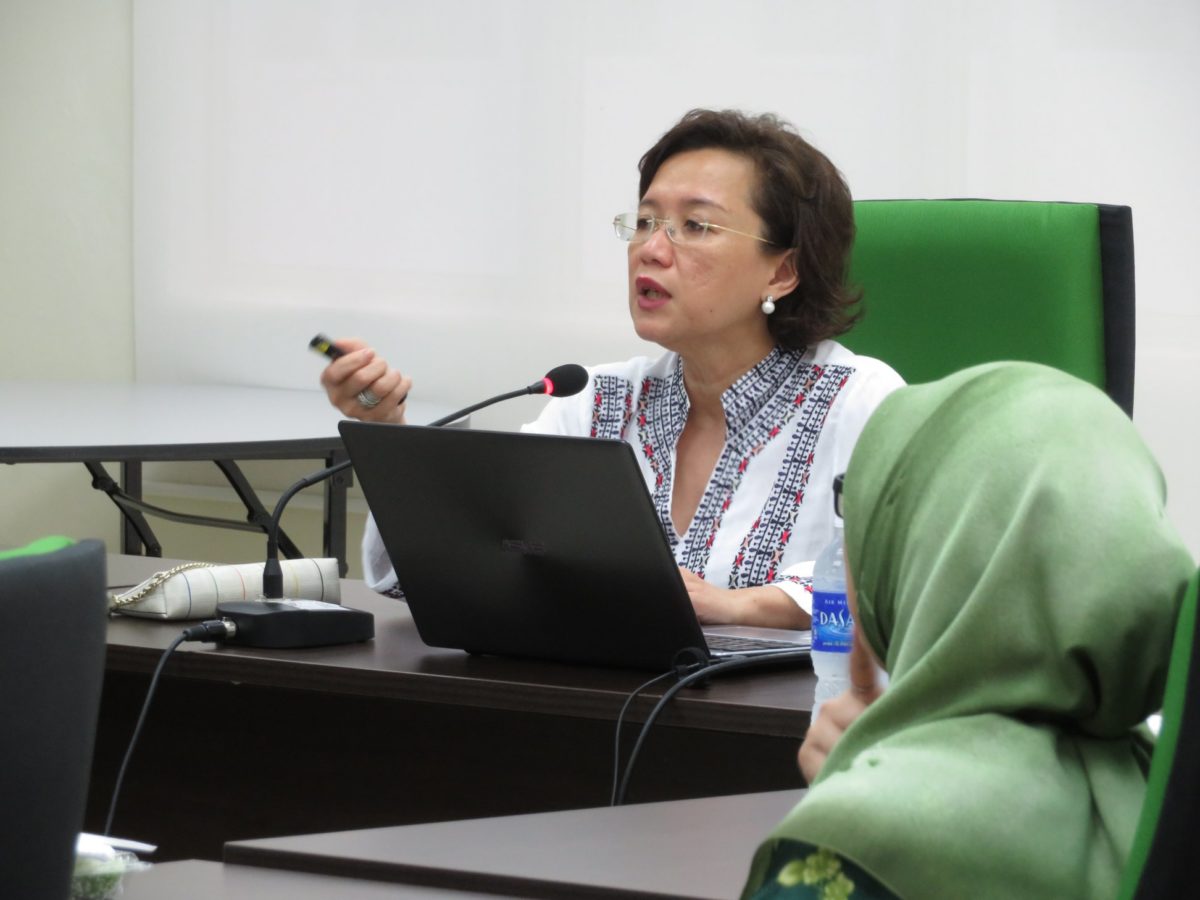KUALA LUMPUR, May 6 — Universiti Malaya medical experts believe it is unnecessary to screen everyone returning to work for Covid-19, as people can still get infected after testing negative once.
Dr Adeeba Kamarulzaman, the chair of Universiti Malaya Medical Centre’s Covid-19 taskforce, supported the Malaysian Medical Association’s (MMA) view that it was not pragmatic to test all migrant workers — which number over two million registered workers in the country — and that it was more important to ensure safe distancing and personal hygiene in foreign labourers’ working and living conditions instead.
“We echo the same thoughts and liken the act of mass testing of foreign workers as ‘mopping the floor while the tap is still running’,” Dr Adeeba said in a statement today.
“Apart from being a logistical nightmare and being an extremely expensive affair, testing foreign workers en masse will not lead to the establishment of safe workplaces, contrary to popular belief.”
Earlier this week, Senior Defence Minister Ismail Sabri Yaakob said it was now mandatory for all migrant workers to be tested for Covid-19, starting in Kuala Lumpur and Selangor, the two Covid-19 epicentres in Malaysia, before they return to work. As for local workers, the government has left it to employers to decide if their staff should be screened.
Dr Adeeba highlighted a comprehensive set of guidelines for the workplace after the relaxation of the Movement Control Order (MCO) last May 4 that was drawn up by occupational health and safety, public health, and infectious diseases specialists from the Faculty of Medicine at Universiti Malaya (UM).
According to UM’s workplace guide, it is unnecessary to run Covid-19 tests on all employees returning to work post-lockdown, noting: “A single test will not be useful given that employees may get infected from the community at any point of time”.
The UM guide pointed out that this was the reason why health care facilities do not test their staff for coronavirus, unless they had moderate or high risk of infection.
“A negative test may lead to a false sense of security in both employees and employers alike.”
Return to Work after the Movement Control Order (MCO) for Covid-19 infection — A Guide for Workplace
UM specialists, instead, proposed risk-based testing according to one’s symptoms, travel history, and contact with a confirmed Covid-19 case, where workers could be classified according to different risk categories. Only employees with moderate and high risk of being infected need to be tested.
“Based on information from the Department of Occupational Safety and Health (DOSH) Malaysia, to date, there are no employees from industrial sectors other than health care sectors that have been reported to have occupational Covid-19 infectious diseases,” the UM guide said.
The guideline recommends that the best method for companies to screen their employees is to identify workers who may potentially be infected and conduct symptoms assessment before the employee commences work, on a daily basis.
Hazard Identification, Risk Assessment, and Risk Control (HIRARC) is the recommended method to conduct risk assessments at workplaces, which includes screening (symptom and temperature) of employees upon entering the workplace and assessing employees on their risk of transmission and spread of the Covid-19 infection in the workplace, based on their work activity and job description .
Some employees may be reserved or are afraid to be fully transparent in declaring their symptoms and risk factors related to Covid-19 due to fear of discrimination or job insecurity, the UM guide noted.
As such, companies should have policies in place to build trust between employers and employees in order to enhance health promotion in the workplace.
“All the preventive and protective measures that have been put in the workplace can be undone by unpredictable human behavior such as violation of physical distancing measures, lack of hand hygiene or incorrect use of personal protective equipment,” said the UM guide.
“All employees must be well equipped with knowledge and understanding of the disease, and its prevention and control measures, be it at the workplace or in the community.”
The “Return to Work after the Movement Control Order (MCO) for Covid-19 infection — A Guide for Workplace” was prepared by:
- Assoc. Prof. Dr Marzuki Isahak
- Assoc. Prof. Dr Nirmala Bhoo Pathy
- Assoc. Prof Dr Sasheela A/P Sri La Ponnampalavanar
- Prof. Dr Victor Hoe Chee Wai
- Prof. Dr Jamal I-Ching Sam
- Prof. Dr Ng Chirk Jenn
- Prof. Dr Sanjay Rampal
- Prof. Dr Ng Chiu Wan
- Prof. Dr Noran Naqiah Hairi
- Assoc. Prof. Dr Adina Abdullah
- Prof. Dr Maznah Dahlui
- Prof. Dr Adeeba Kamarulzaman
UM’s Faculty of Medicine has also prepared a Standard Operating Procedure for Public Transportation post-Movement Control Order.








